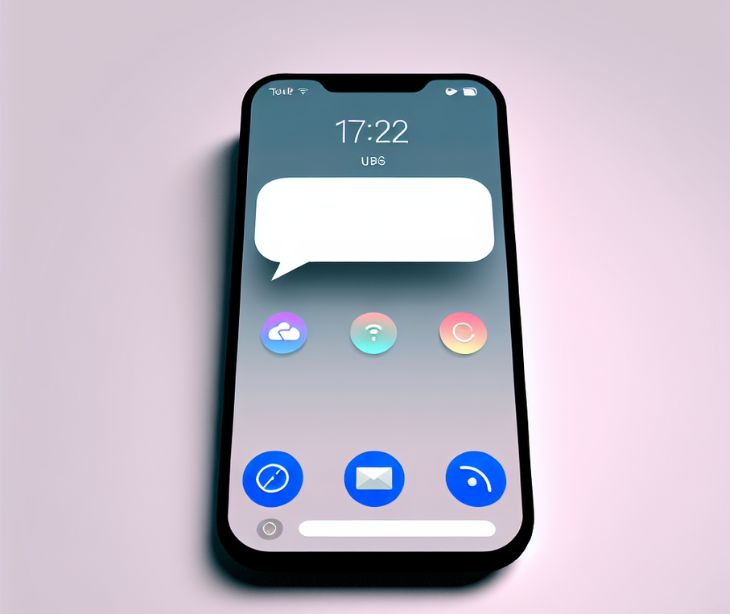
While HIPAA does not explicitly address the use of specific communication methods like text messaging, its privacy rule applies to all forms of PHI transmission, including text messaging. Text messaging offers convenience and speed in healthcare communication and must be used with appropriate safeguards to protect patient privacy and security.
Related: The guide to HIPAA compliant text messaging
HIPAA regulations and safeguards for text messaging
Under the HIPAA privacy rule, covered entities, such as healthcare providers and their business associates, are required to implement safeguards to protect the confidentiality, integrity, and availability of PHI during transmission. When using text messaging, these considerations must be taken into account:
- Security considerations: Covered entities must employ reasonable safeguards to protect PHI transmitted via text messages. This includes using secure messaging platforms or encryption technologies to prevent unauthorized access or interception.
- Consent: Before transmitting PHI via text message, covered entities must obtain the individual's consent for this mode of communication. Permission can be obtained verbally, in writing, or electronically.
- Minimum necessary: Covered entities should only include the minimum necessary PHI in the text message to accomplish the intended purpose.
- Accuracy: Covered entities must ensure the accuracy of the recipient's phone number or contact details to prevent misdirected messages containing PHI. Healthcare providers should establish processes to confirm the accuracy of contact information before initiating any PHI transmission via text messaging.
- Retention and disposal: Text messages that contain PHI should be retained according to HIPAA requirements and securely disposed of when no longer needed to protect patient privacy.
Types of sensitive PHI and special considerations
While HIPAA does not explicitly prohibit the transmission of specific types of PHI via text messaging, certain categories of information are particularly sensitive and require extra care :
- Genetic information: Information about an individual's genetic tests, genetic counseling, or genetic predisposition to diseases should not be transmitted via text without appropriate safeguards. Healthcare providers should consider alternative secure communication methods, such as HIPAA compliant email for transmitting genetic information to ensure privacy and security.
- Mental health information: PHI related to mental health, including diagnosis, treatment, or therapy details, should be handled with extra care due to its sensitive nature.
- Substance abuse treatment information: Substance abuse treatment information is protected under specific regulations, such as the Substance Abuse and Mental Health Services Administration (SAMHSA) regulations. Healthcare providers should comply with HIPAA and SAMHSA regulations when transmitting substance abuse treatment-related PHI via text messaging.
- HIV/AIDS information: PHI related to HIV/AIDS diagnosis, treatment, or other related information must be considered highly sensitive and protected using secure means of communication.
- Sexually transmitted diseases (STDs): PHI related to STDs, including diagnosis, treatment, and test results, must be handled cautiously and transmitted securely to ensure the individual's privacy.
Covered entities must implement appropriate safeguards to protect the privacy and security of PHI when using text messaging. While HIPAA does not provide an exhaustive list of restricted PHI types for text messaging, certain categories, such as genetic information, mental health information, substance abuse treatment information, HIV/AIDS information, and STDs information, require extra care.
Subscribe to Paubox Weekly
Every Friday we'll bring you the most important news from Paubox. Our aim is to make you smarter, faster.



